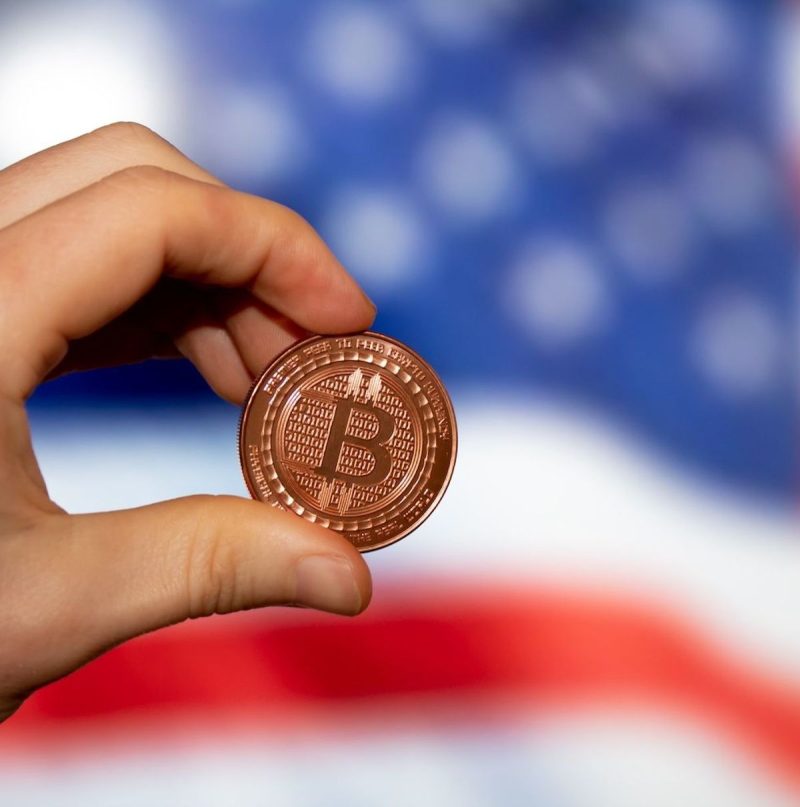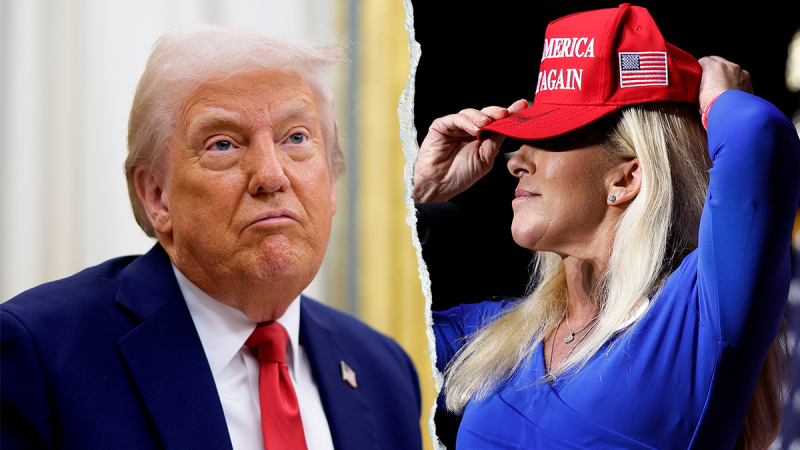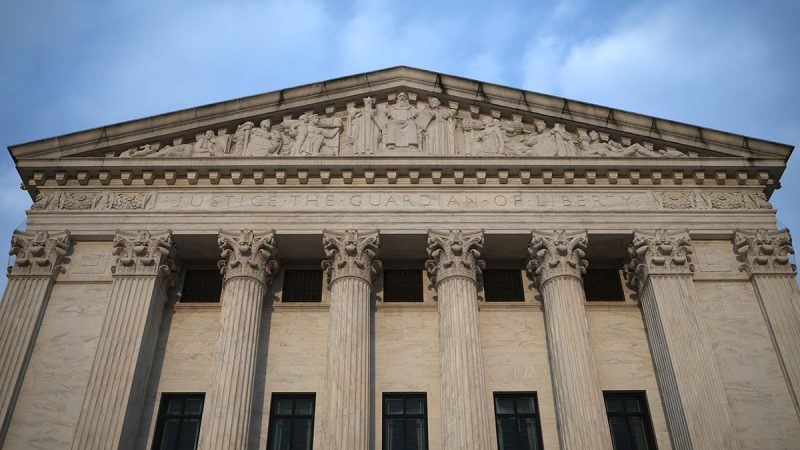The chairman of the House Budget Committee is pushing back on Elon Musk’s claim that President Donald Trump’s ‘big, beautiful bill’ is full of ‘pork.’
Chairman Jodey Arrington, R-Texas, told Fox News Digital it was not possible for ‘pork barrel spending’ to be included in the legislation, called a budget reconciliation bill, because the reconciliation process was simply not the mechanism for such federal funds.
‘Reconciliation does not have anything to do with discretionary spending – earmarks, and all of that,’ Arrington said. ‘And quite frankly, the [Department of Government Efficiency] findings were, I think, almost entirely an issue for . . . annual appropriations.’
‘Discretionary spending’ refers to the annual dollars allocated by Congress each year through the appropriations process – also known as ‘spending bills.’
It’s a process that’s historically known to be rife with ‘pork barrel spending’ from both Republicans and Democrats – funding for pet projects or other specific initiatives benefiting a certain member of Congress’ district.
But reconciliation deals with the government’s ‘mandatory spending’ – largely government welfare programs that can only be amended by changing the law.
‘We’re dealing with mandatory spending programs – entitlements, health care, welfare and the tax code,’ Arrington said.
‘We did a responsible bill. There’s no pork in it. The question, I think, for some folks and the objective of mine and my budget committee members was, whatever we’re doing on tax or security to unleash growth and to buy greater security for the American people, we wanted it to be done in a fiscally responsible way.’
Senior White House adviser Stephen Miller echoed that sentiment on X: ‘The reconciliation bill cuts taxes, seals the border and reforms welfare. It is not a spending bill. There is no ‘pork.’ It is the campaign agenda codified.’
The vast majority of the trillions of dollars in the bill are aimed at Trump’s tax policies – extending his 2017 Tax Cuts and Jobs Act (TCJA) while implementing new priorities like eliminating taxes on tips and overtime wages.
There’s also $4 trillion in House Republicans’ versions of the bill aimed at raising the debt limit.
The legislation is also aimed at amending current laws to enable new funding for border security and Immigrations and Customs Enforcement (ICE) – projected to boost those priorities by billions of dollars.
To offset those costs, House GOP leaders are seeking stricter work requirements for Medicaid and food stamps, while shifting more of the cost burden for both programs to the states.
Republicans are also looking to roll back green energy tax subsidies in former President Joe Biden’s Inflation Reduction Act (IRA).
But Musk and other fiscal hawks’ main concern has been that the legislation does not go far enough with those spending cuts.
They’ve also raised concerns about the overall bill adding to the national debt – which is currently nearing $37 trillion.
As part of his social media campaign against the bill, Musk called for both eliminating the tax cuts and removing the debt limit increase from the final legislation.
Musk reposted another X user who wrote, ‘Drop the tax cuts, cut some pork, get the bill through.’
He’s also shown support on X for Sen. Rand Paul, R-Ky., and his call to strip the debt limit provision out of the bill.
The nonpartisan Congressional Budget Office (CBO) has projected that the bill would cut taxes by $3.7 trillion while raising deficits by $2.4 trillion over a decade.










